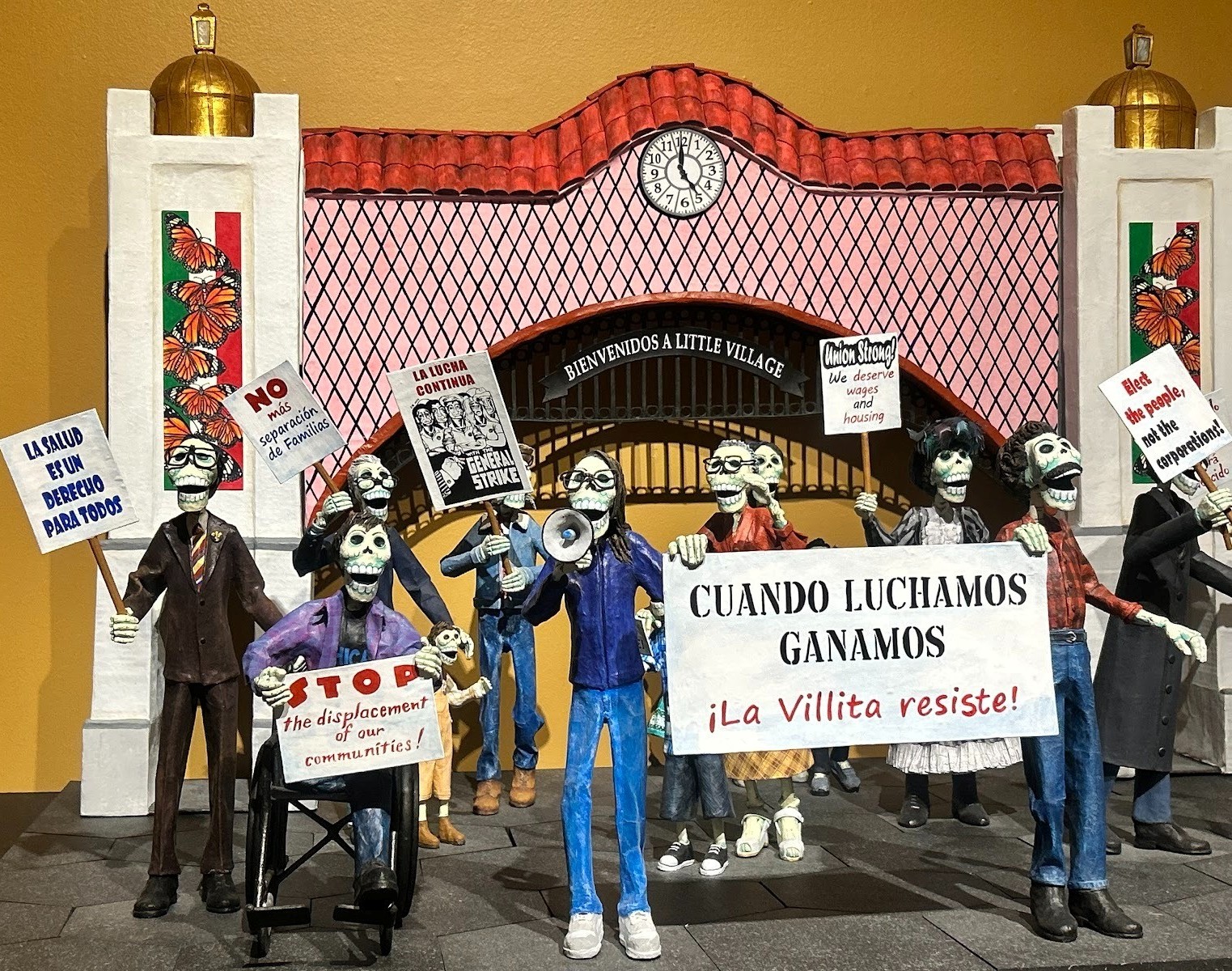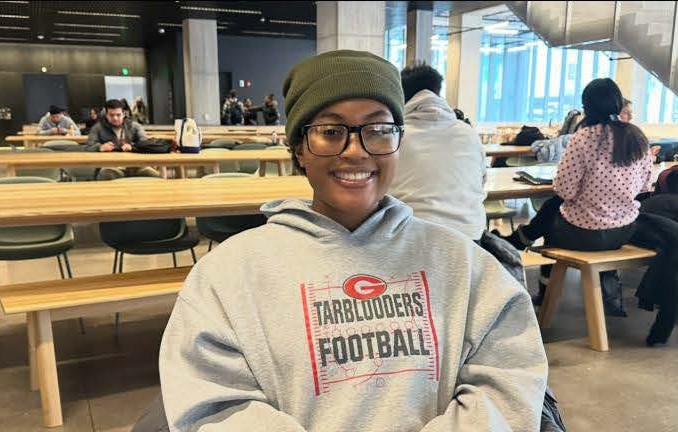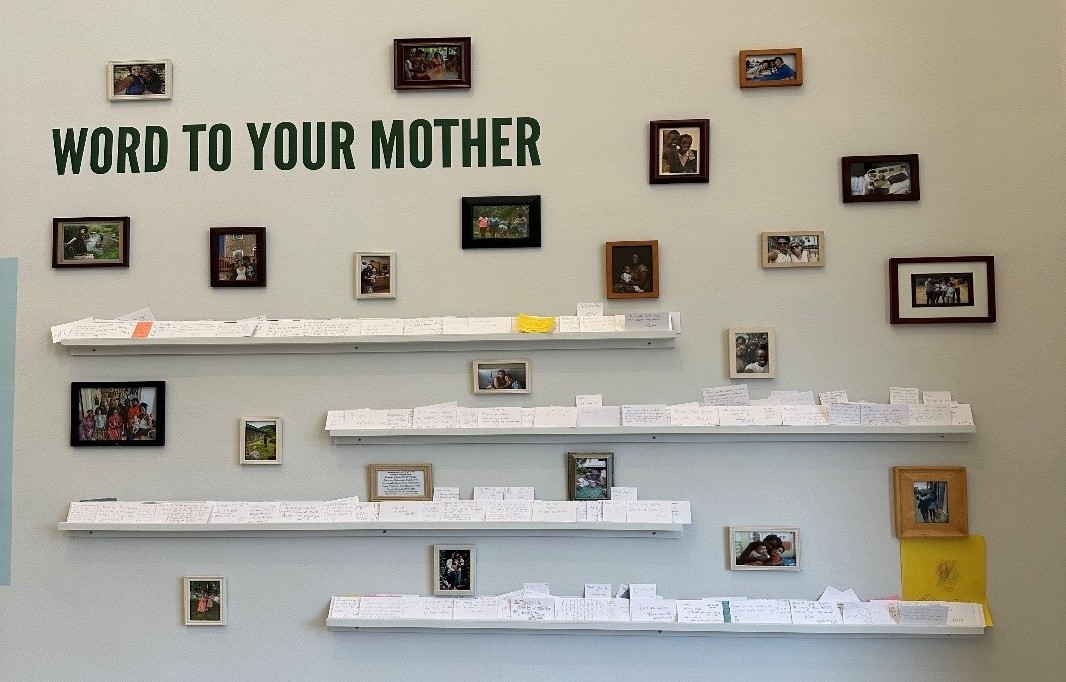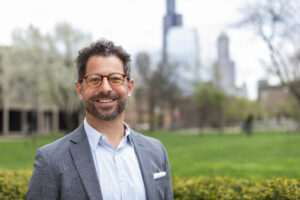Not everyone around Washington Park supports building a 90,000-seat temporary stadium there to accommodate the 2016 Olympics if it comes to Chicago, says Cecelia Butler, president of the Washington Park Advisory Council.
But there is a broad community consensus on what Washington Park and the surrounding community need – “with or without the Olympics,” she said.
Residents of the communities surrounding the park — Washington Park, Grand Boulevard, Kenwood, Hyde Park and Woodlawn — have been meeting since last fall to discuss prospects for the Olympics, and the advisory council created a separate Washington Park Olympic Committee because of heightened interest, Butler said.
The committee has come up with a 26-point plan to articulate community goals regarding the Olympics. “We asked each other, what would it take for you to support the Olympics?” Butler said.
Some items are long-standing requests as simple as a pedestrian crosswalk across 55th Street, and improved lighting, safety and sewers in and around the park.
The meat of the plan has to do with economic and community development — “jobs, jobs, and more jobs” as well as greater access to job training and apprenticeships through city colleges; business development; and support for cooperative housing so current residents can afford to stay in the neighborhood.
Indeed, that’s one reason Butler herself is supporting the stadium proposal; she sees it as an opportunity to bring badly needed resources to the community, especially its young people.
Another reason is civic pride: “This is Washington Park’s opportunity to showcase itself to the world,” she said. “Should we say we don’t want to share our park?”
But residents and park users are also calling for guarantees that the park, its history and its current users are respected.
They want assurances that all programs within the park will be maintained, along with the park’s historic landmark status and the Bud Billiken Day Parade. Soccer, cricket and ballplayers who now use the fields of the park’s Harold Washington Common Ground should have their fees reduced or eliminated if they are required to move, they say.
And the committee wants assurances that the Olympic stadium will be immediately dismantled after the games, the park’s green space restored and control of the remaining 5,000-seat ampitheater shared, with profits supporting programs in Washington Park.
The committee is calling for a community benefits agreement with the Chicago Olympic Committee, and they want a seat on the Olympic Committee as well.
The plan is a “work in progress,” Butler said. The group has dropped proposals for underground parking and for moving the stadium site to another part of the park. More recently, learning that the city has no indoor fieldhouses, the committee has been discussing a proposal to use the National Guard’s General Jones Armory at 52nd and Cottage for an indoor track facility.
The plan is being shared with the mayor’s office and the Olympic Committee, Butler said, “to help them understand that this is what the community needs” in order to “make us feel like we’re part of the process.” A long-time organizer, she notes with some relish that “we’ve got years and years to work on this.”
Categories:
At Play Planning & Development Public South Side
Tags:
cecelia butler chicago 2016 grand boulevard hyde park kenwood olympics washington park woodlawn






Be First to Comment